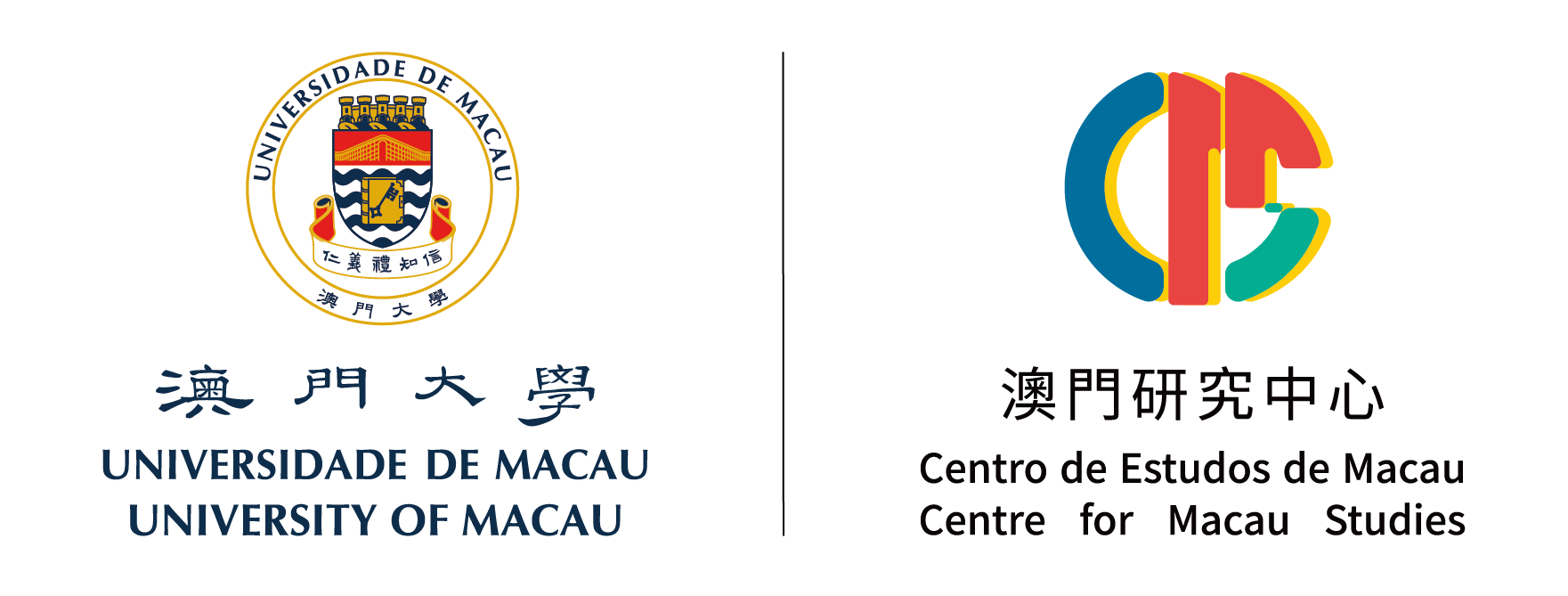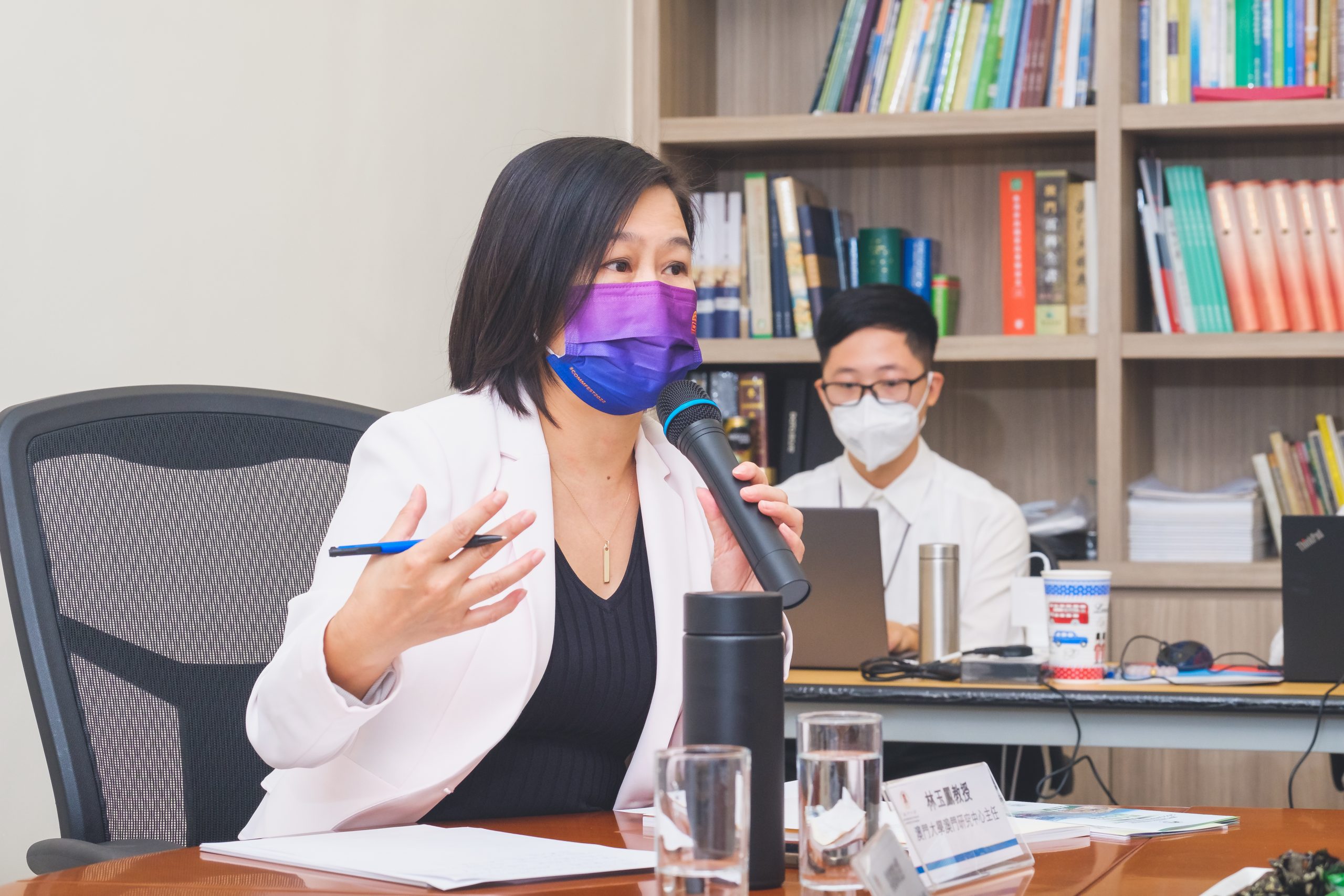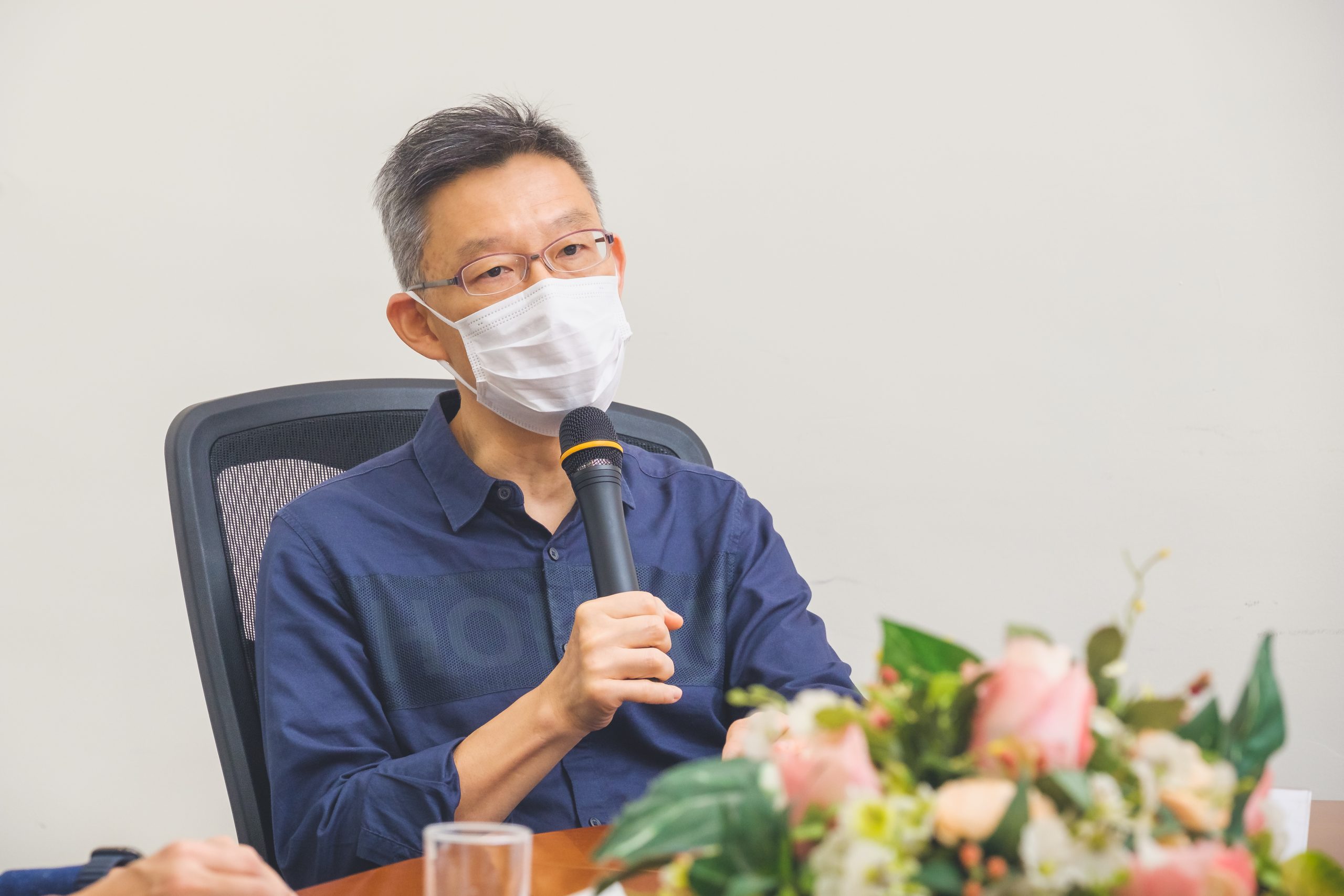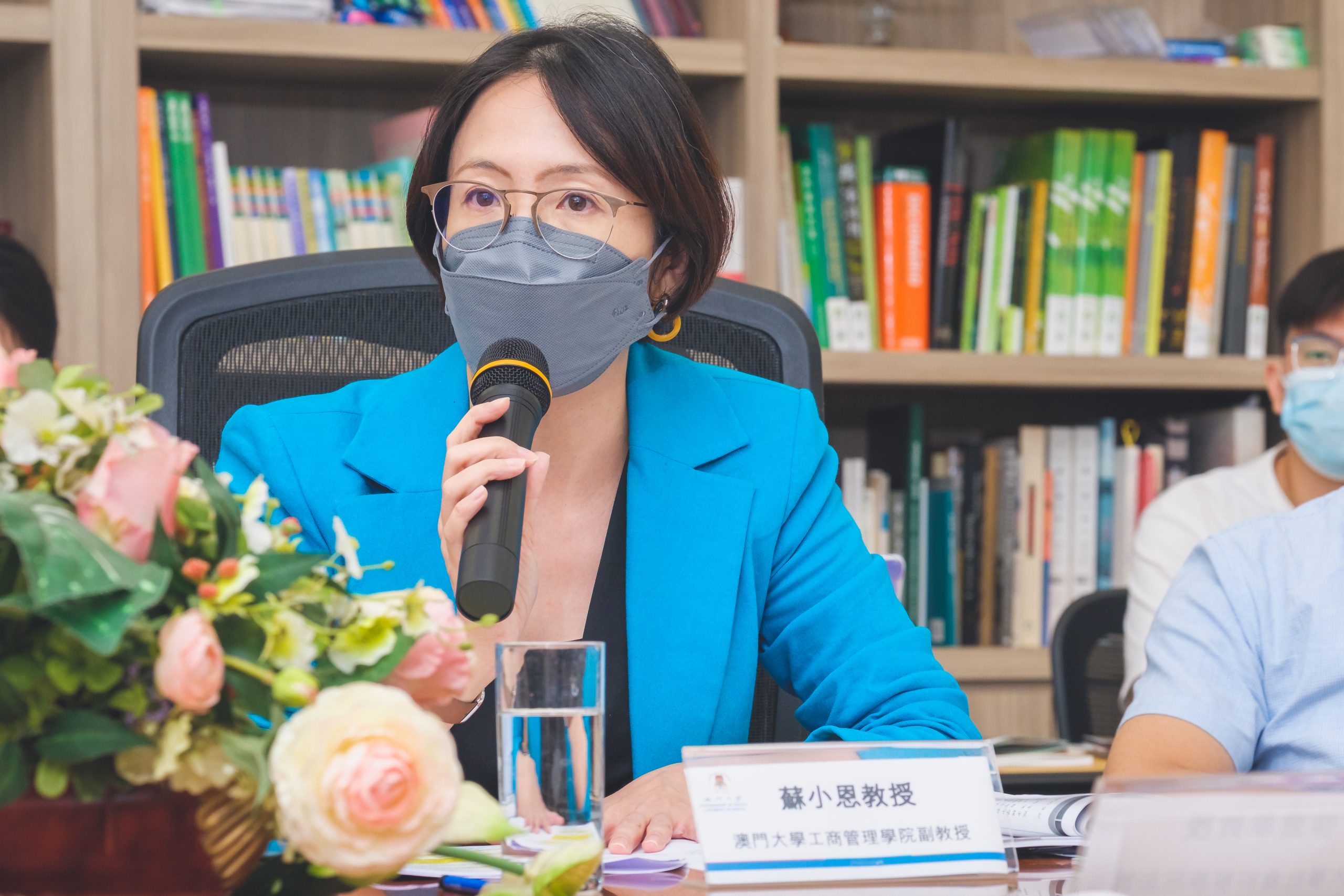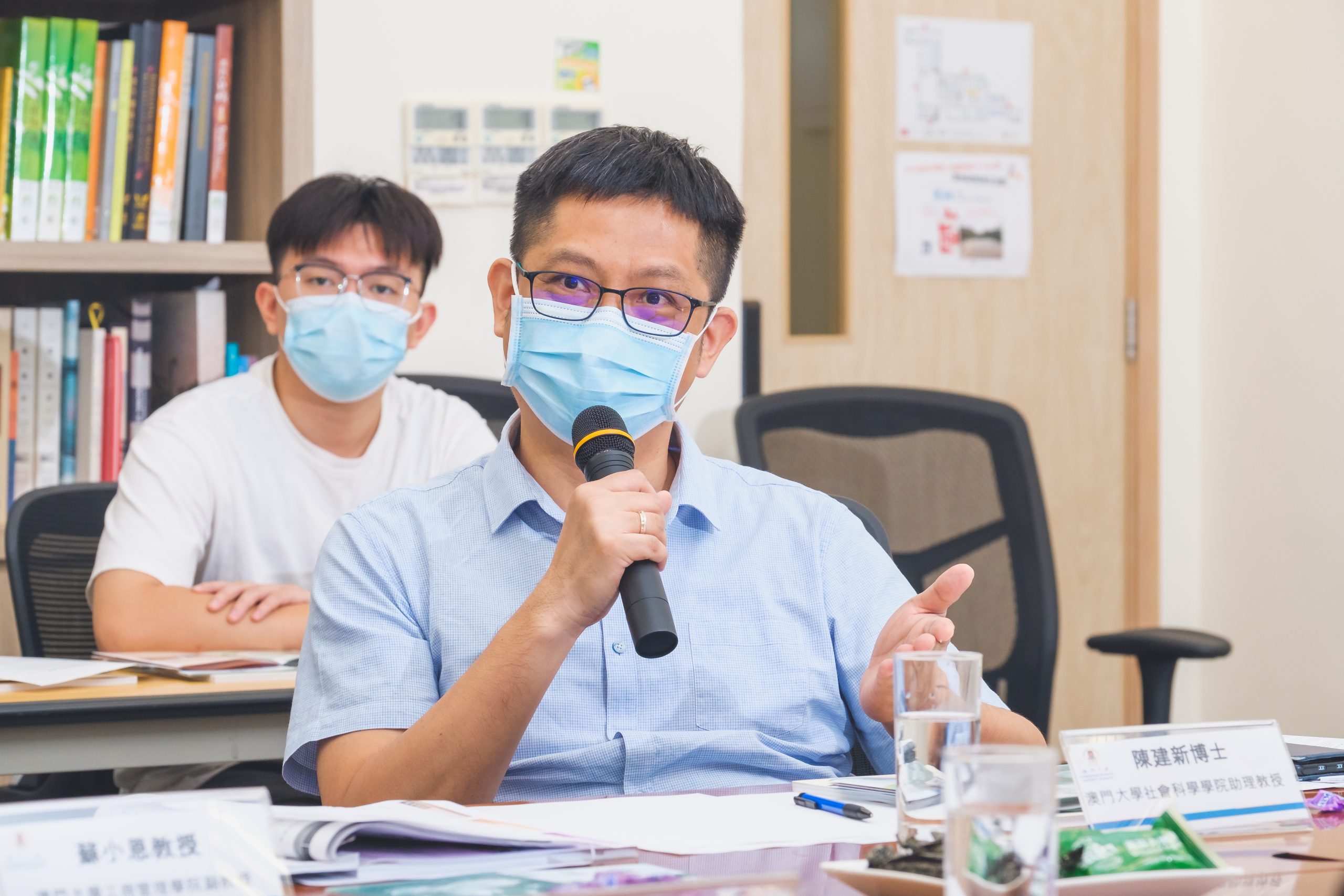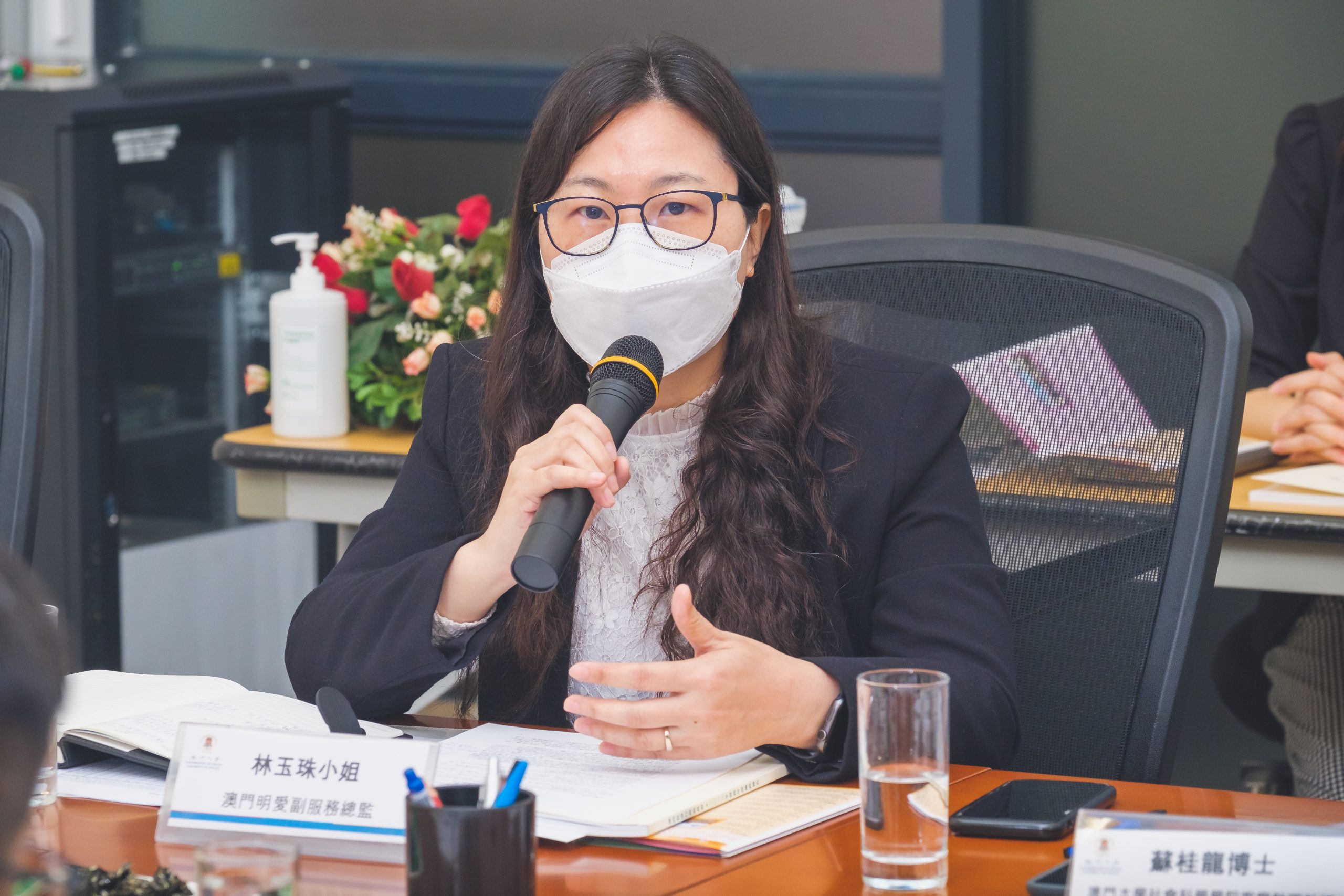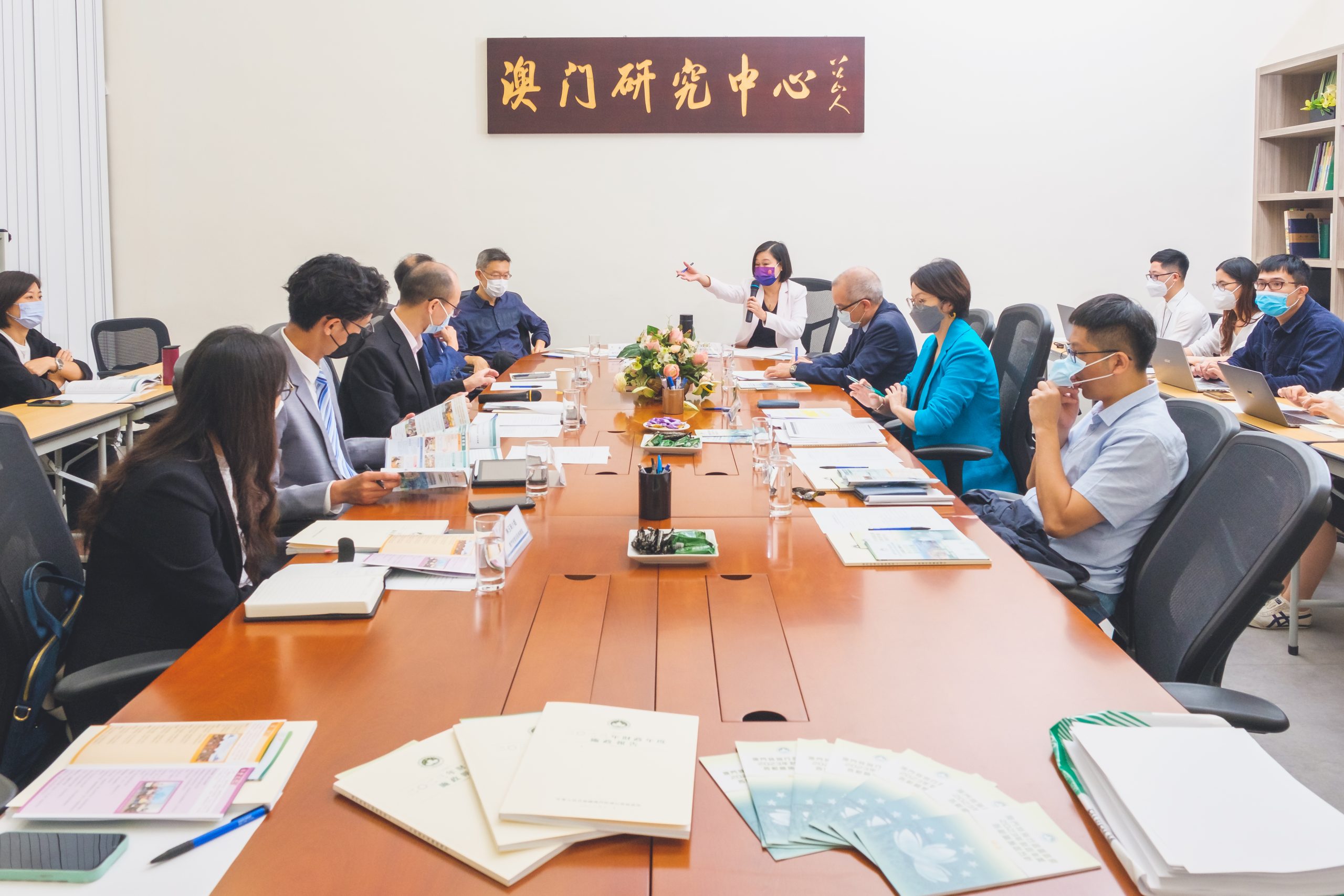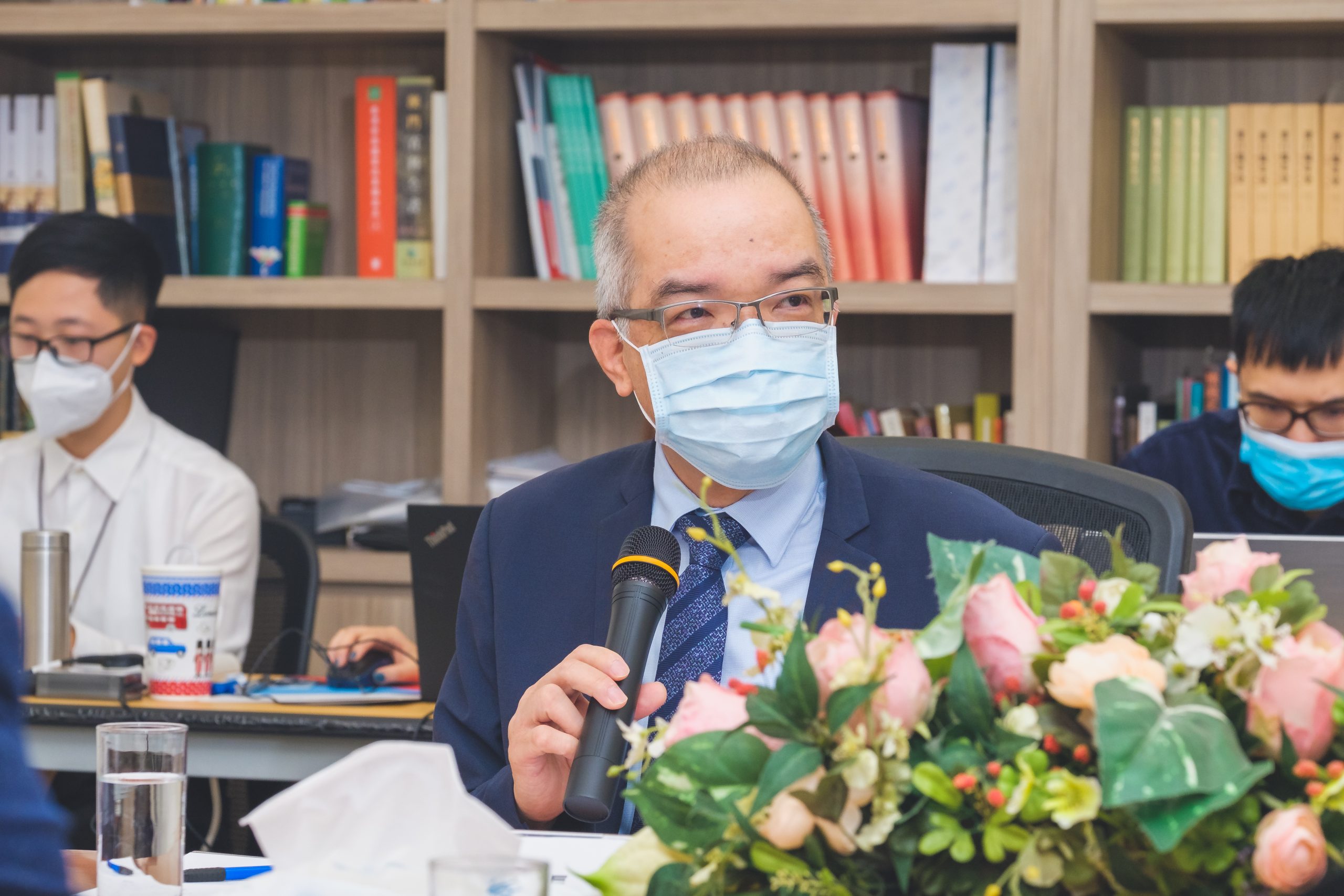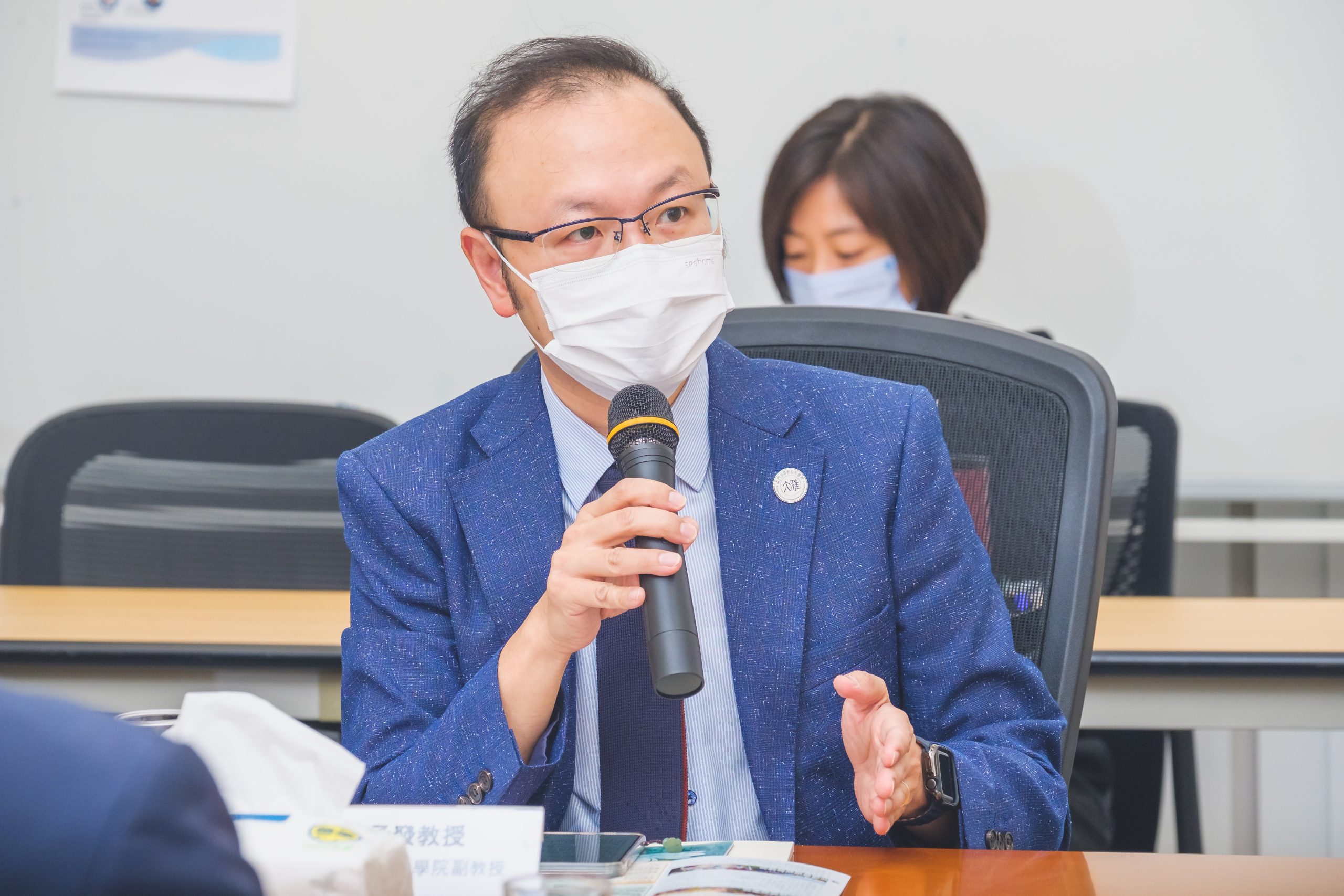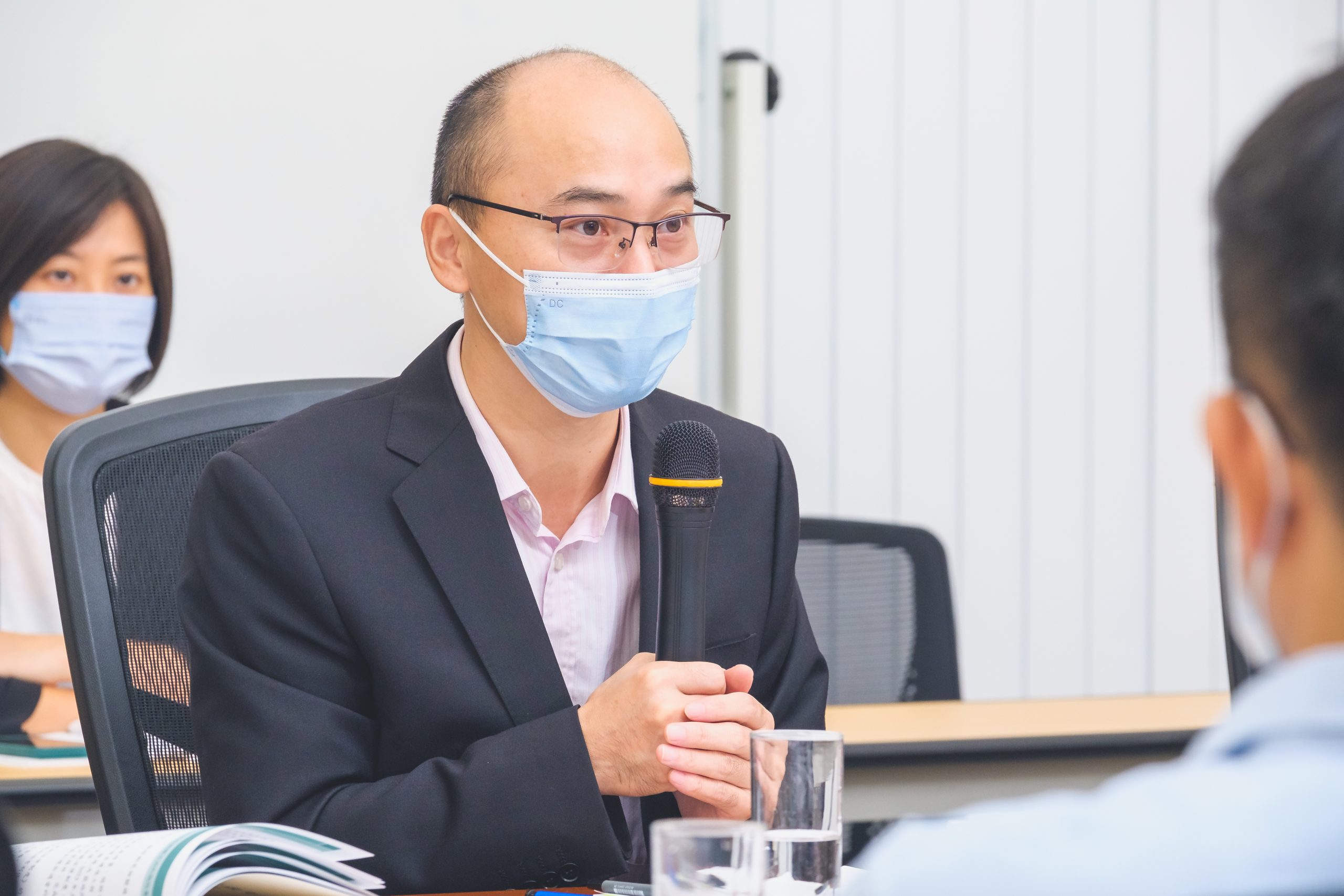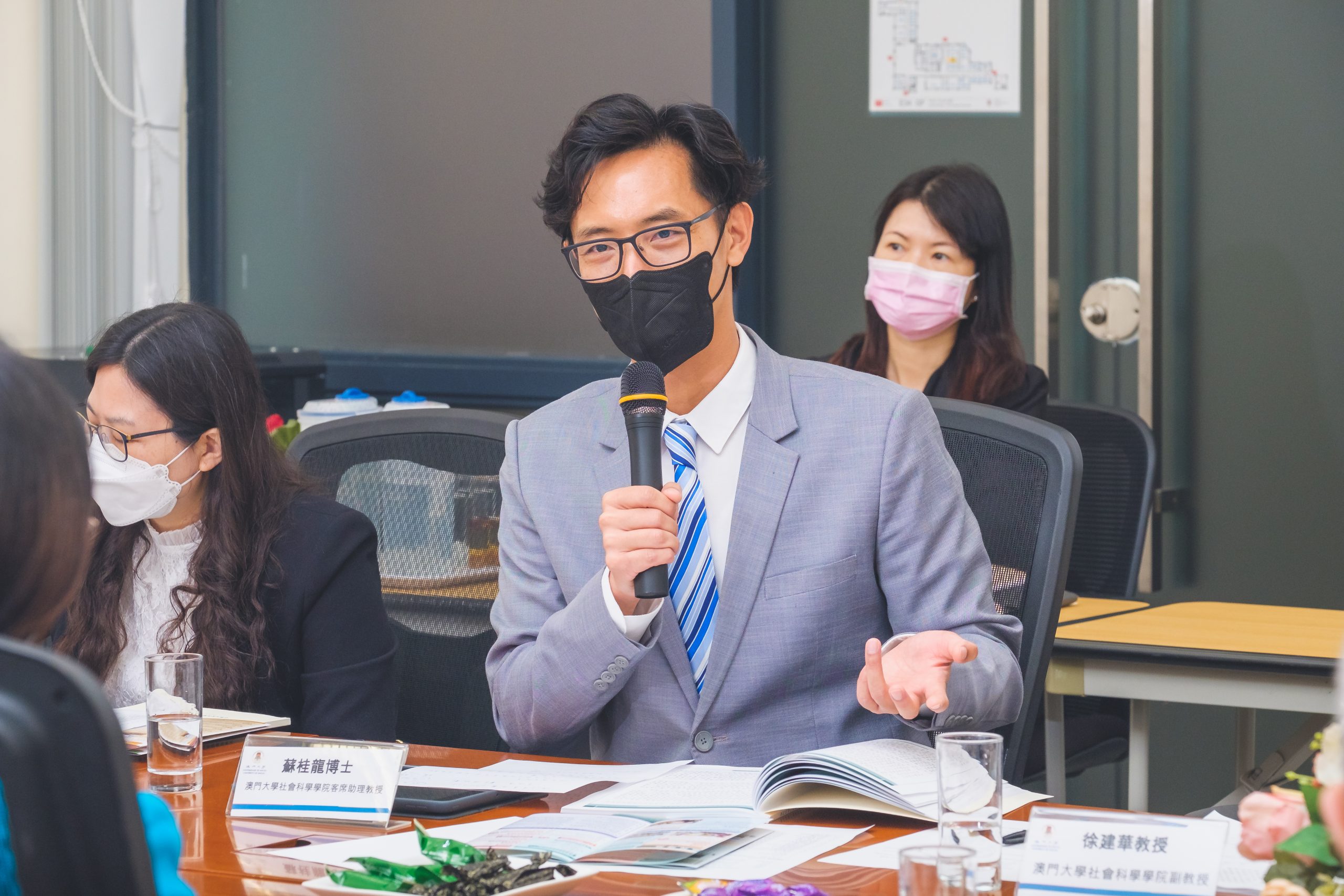The University of Macau (UM) Centre for Macau Studies (CMS) today (16 November) held the Seminar on the Policy Address for the Fiscal Year 2023 of the Macao SAR. At the seminar, experts and scholars expressed their support for the objective of the policy address of ‘Making Progress Jointly while Ensuring Stability’. They believe that the SAR government is making great efforts to improve people’s livelihoods and promote economic recovery during the difficult times of the pandemic. They also hope that the SAR government will introduce more forward-looking policies and enhance the continuity and the general acceptance of its policy to build a solid foundation for Macao’s development in the post-pandemic era.
The seminar was chaired by CMS Director Agnes Lam Iok Fong. According to Tong Kai Chung, president of the Macau Institute of Management, the ‘1+4’ industrial policy is an appropriate and practical solution to problems facing Macao at the moment. The policy is in line with the development of integrated tourism in Macao and can stimulate the economy, create more jobs, and improve people’s livelihoods. He suggested that the SAR government should continue to collaborate with Hengqin on developing different industries. According to Kwan Fung, assistant professor in the Faculty of Social Sciences (FSS), as the epidemic is not yet fully under control, instead of making grand promises, the policy address offers a sense of stability and provides room for recovery. He hopes that people in all strata of society will work together to cooperate with anti-epidemic measures and build the foundation for economic recovery.
Ngo Tak Wing, professor in the FSS, said that the measures in the policy address are well-balanced and aim to improve people’s livelihoods. However, the SAR government needs to step up efforts to study the long-term impact of economic transformation, which has begun in Macao as a result of the pandemic and the local community will face various challenges in the long run. As the ‘1+4’ industrial policy requires high-end professionals, the local job market may not be able to absorb the unemployed people caused by the transformation, and thus may give rise to structural unemployment in the short term. He believes that the development of basic infrastructure in the next few years may be a solution to unemployment in the short term and hopes that the SAR government will consider it. Wong Seng Fat, associate professor in the Faculty of Science and Technology (FST), agrees that the development of basic infrastructure might alleviate the problem of unemployment in the short term, adding that the construction industry needs to improve its image to attract young people. Moreover, he mentioned that the ‘1+4’ industrial policy is a long-term investment and requires long-term planning.
According to So Siu Ian, associate professor in the Faculty of Business Administration (FBA), the SAR government should carry out forward-looking studies to develop novel tourism strategies, such as using technology to offer a new tourism experience for young travellers, exploring countries and regions with people of great interest and potential to visit Macao during and after the pandemic, as well as improving accommodation policy during the pandemic to provide a satisfactory experience for tourists and improve the brand image of Macao.
According to Xu Jianhua, associate professor in the FSS, the economic downturn might cause an increase in the crime rate and organised crimes might switch their targets. He also expressed concern over the rising suicide rate, which requires a policy response. Sou Kuai Long, adjunct assistant professor in the FSS, also expressed concern over the increase in suicide rate and the number of depression patients, especially those among young people. According to him, the SAR government should establish a systematic mechanism for mental health care for students and teachers. In addition, he believes that the inclusion of a mode of remote work for a certain period of time would strengthen the motivation of young people to seek employment in the Greater Bay Area.
According to Lam Iok Chu, deputy service director of Caritas Macau, recent census data indicate that Macao’s population structure and family structure are changing, and the aging problem is particularly prominent. The SAR government should make good use of electronic technology to uncover and investigate hidden social problems and develop new models of social services. On the issue of unemployment, she suggested that apart from financial factors, attention should also be given to psychological and emotional factors, and appropriate training should be provided. According to Chan Kin Sun, assistant professor in the FSS, the policy address continues the measures in public welfare, such as the implementation of the sandwich class housing scheme and the eldering housing project. He suggested that the SAR government should make more efforts to explore and design appropriate distribution strategies to ensure a smooth implementation of the above policies.
All participants in the seminar agreed that in addition to the ‘1+4’ industrial policy, the SAR government could consider collaborating with Hengqin on developing specific industries with potential, such as the construction industry and the logistics industry, which can help to boost economic development in the short term and address the issue of unemployment in Macao.

